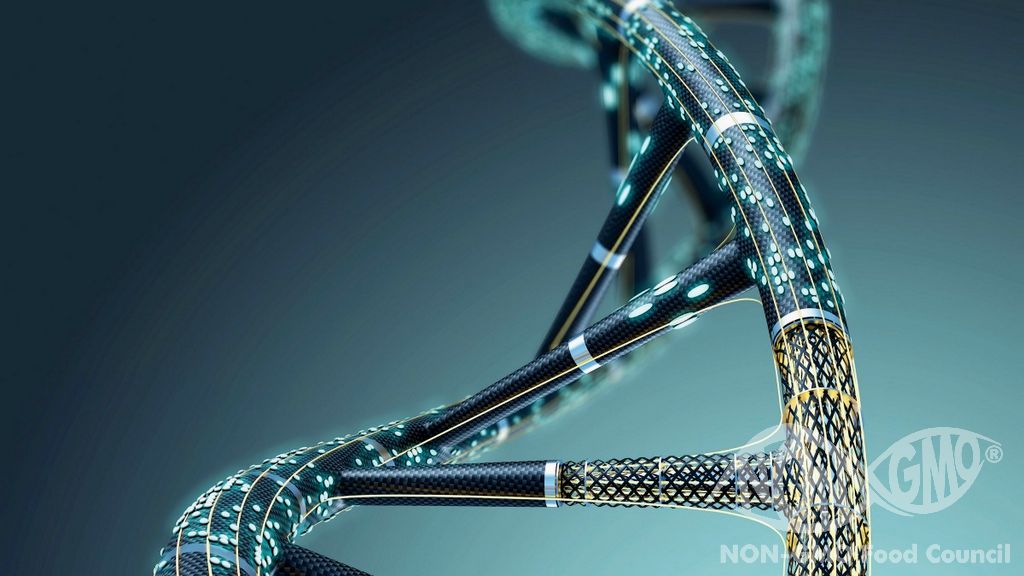Synthetic biology is a form of extreme genetic engineering that adds manufactured genetic parts (such as synthetic DNA, synthetic ribosomes or synthetic RNA) to a living cell to 'hijack' the cell's functioning for industrial uses.

Adopting the principles of engineering, researchers are trying to create modular 'genetic pieces' or 'bio bricks' that can be easily put together to create more complex genetic 'programs'.
Typically, DNA strands are created from scratch from inert chemicals using a machine called a DNA synthesizer. By determining the order of these chemicals, researchers try to 'program' the 'code' of DNA to change the behavior of the organism.
Although we are already familiar with genetically modified organisms (GMOs), in which DNA is exchanged between species, synthetic organisms are a different type of life form in which DNA is not extracted from a living organism, that is, built from scratch.
This makes it possible to design DNA sequences that have no analogues known in nature. Some researchers are even inventing entirely new types of DNA made up of base pairs not found in nature. There are currently no protocols for evaluating the safety implications of such entirely novel sequences.
The established way of moving genes between species (known as transgenic) is a relatively slow process. It is faster and less expensive to create synthetic DNA and therefore could lead to the proliferation of engineered artificial life forms, all of which have unpredictable effects on the environment and biodiversity.
Do not hesitate to contact our expert team to get detailed information about the GMO Free and NON GMO label and certification, or to apply for certification.
